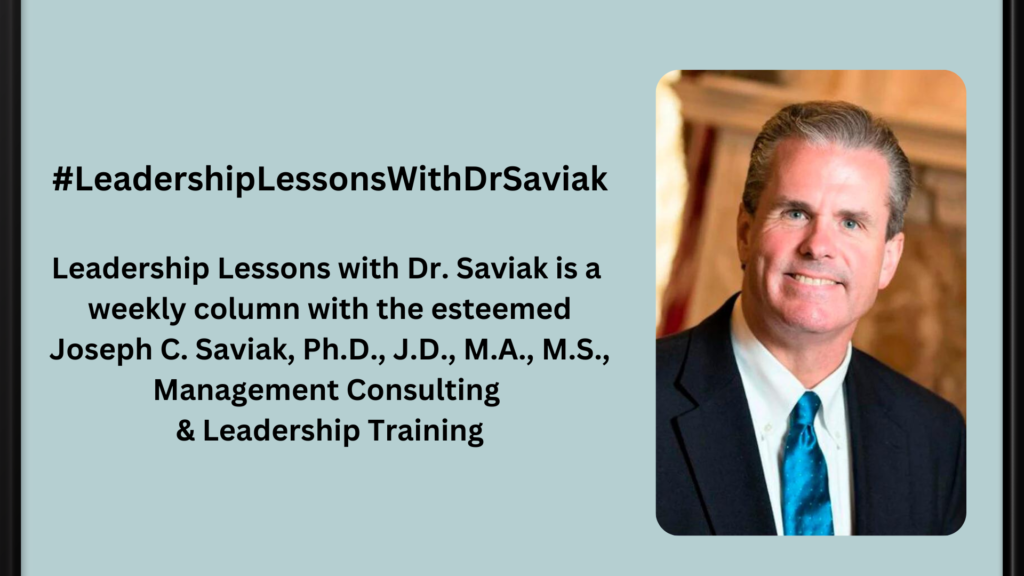If you are a leader, you are in the decision-making business. If you don’t or can’t make decisions, you are not a leader. The best and worst leaders decide very differently.
Real leaders make decisions based upon principles, policies, and objective data. Every decision is reached by asking if this truly advances our mission, goals, and objectives and does it fit our culture and values? They are objective analysts. They apply sound logic to compelling evidence. Leaders are systematic and rigorous in their thinking.
They also never make decisions alone. More brains on the issue generally means fewer errors and better decisions. They take their time. They are deliberative and thoughtful. They know many others can be impacted by their decisions and take that responsibility seriously. Outcomes of decisions are continually compared to objectives. Mistakes are admitted and continual improvement is always the focus.
Those who cannot lead are rash, emotional, egotistical, and personality-driven in their decision-making. They are subjective, sloppy, and undisciplined thinkers. They ignore data and evidence. Asking for honest and sound counsel is not their style. They already know it all.
Personnel decisions are an excellent example of the difference between how successful and failing leaders think. Effective leaders seek performance and integrity. They recruit, hire, train and supervise, evaluate, and promote on those two defining criteria.
Of all the ways to kill morale and ensure high retention of low performers and high turnover of high performers, it is this: run everything based upon personalities not performance.
Allow the non-performer to get away with everything and coddle them because you like them. Make sure the high performer is not recognized, rewarded, or resourced because they are not your best buddy even though he or she is one of your top employees. If demolishing performance is your goal, this works every single time.
The best leaders still make mistakes, but their decision-making is far better than those who consistently repeat their errors by being poor decision-makers.













































